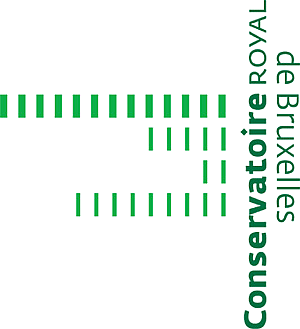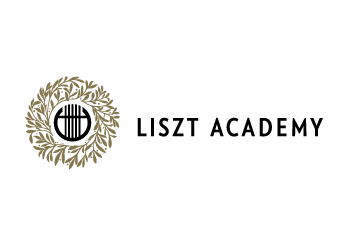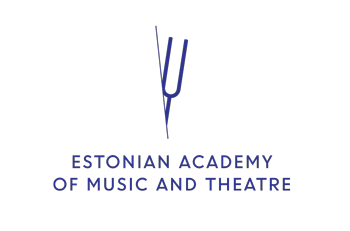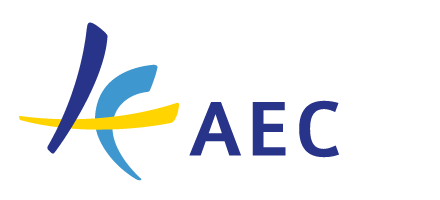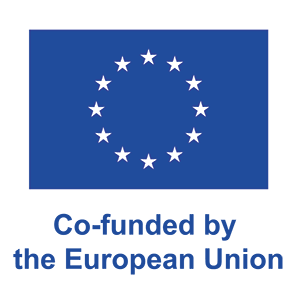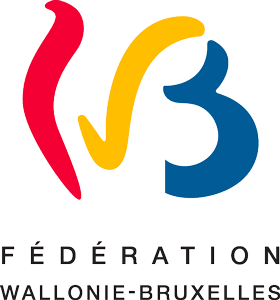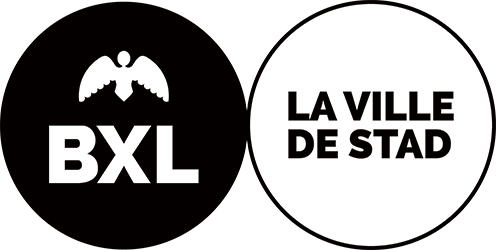The basis of the method of integral interpretation of a musical work is listening into the work as such, its contemplation, but also looking at it from a few mutually complementary perspectives. Each of these perspectives opens up as a result of the implementation of the four principles. (1) The principle of mutual complementing assumes taking into consideration not only musical linguistics (structure, sound and technique), but also musical poetics (genre, expression, meaning and style). (2) The principle of the ontological fullness says that all the four phases of existence of the musical work should be taken into account: the phase of a creative conception (in which the work exists as a musical text), the phase of an artistic performance (in which the work exists as a sound text), the phase of an aesthetic perception (in which the work exists as an aural text), and the phase of cultural reception (in which the work exists as a symbolic text). (3) The principle of “contextuality” postulates seeing the work in its organic context: biographical, historical and cultural – from origin (absorbed models and inspirations) to the resonance within culture (echoes and influences on other composers). (4) The principle of hierarchization gives weight to value judgement.
Be a part of our european project !
This European project (KA 203 Strategic Partnership) created by Salvatore Gioveni promotes cross-border collaboration in the field of Music Theory through sharing knowledge and transferring pedagogical innovation. It thus responds to a lack of centralised source and framework to deepen reflection by means of cross-disciplinary study at European and international level.
There is a significant wealth of educational practices from one country to another in this sector, especially in terms of harmonic musical notation and analysis. However, HMEI's are facing the nonexistence of a European network for pedagogical staff in Music Theory so far. To improve the situation, the project will among other things develop several intellectual outputs such as Online Platform (IO 1), an EU Bibliography (IO 2), a Repository Courses (IO 3), a Multilingual Glossary (IO 4) and an Exchange Online Learning Platform.
Besides the Conservatoire royal de Bruxelles as leader and manager of the project, the following partner institutions are involved: Music Academy S. Moniuszki Gdańsk (Gdańsk, Poland), F. Liszt Academy of Music Budapest (Budapest, Hungary), Estonian Academy for Music and Theatre (Tallinn, Estonia), HfMTh "Felix Mendelssohn Bartholdy" (Leipzig, Germany).
 | 2024
| 2024
